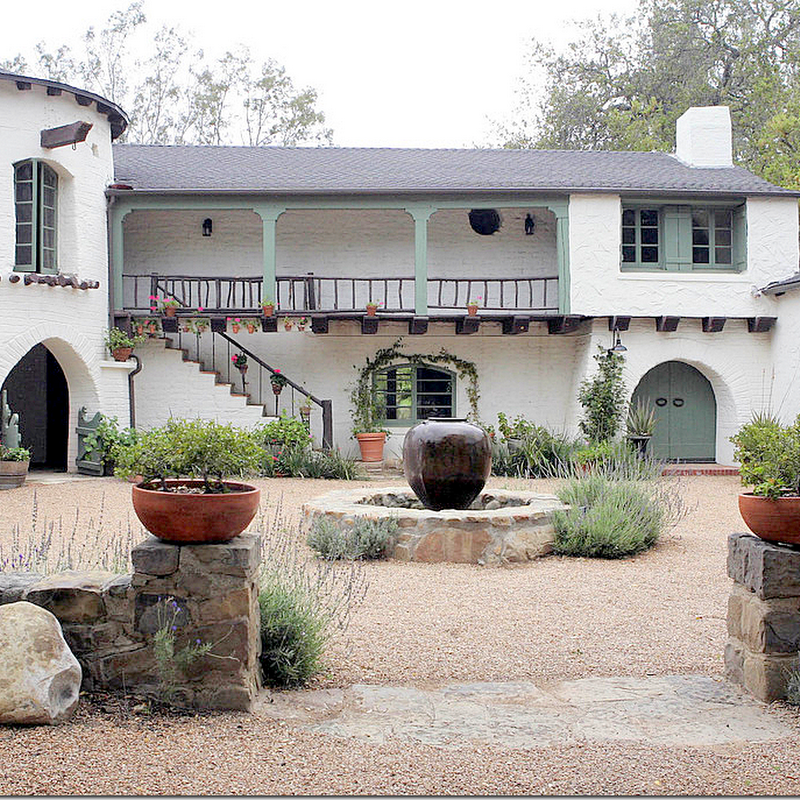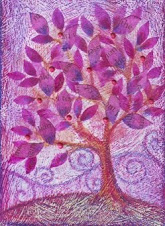
Turkey is a fascinating country. It is a land far different from my own, full of ancient ruins, mosques and veiled women. Traveling there, I marveled at the historical sites. Of special interest to me were the places mentioned in the bible as well as those with a Christian past.
Konya is one of those places. It was called Iconium during St. Paul's time and Saint Paul, together with Barnabas travelled to Iconium during his first missionary journey in about 47-48 AD. During the second missionary journey, Saint Paul and Silas visited Iconium again. They may also have gone there a third time during their third missionary journey in about 52 AD.
At Iconium Paul and Barnabas went as usual into the Jewish synagogue. There they spoke so effectively that a great number of Jews and Gentiles believed. But the Jews who refused to believe stirred up the Gentiles and poisoned their minds against the brothers. So Paul and Barnabas spent considerable time there, speaking boldly for the Lord, who confirmed the message of his grace by enabling them to do miraculous signs and wonders. The people of the city were divided; some sided with the Jews, others with the apostles. There was a plot afoot among the Gentiles and Jews, together with their leaders, to mistreat them and stone them. Acts 14: 1-5
Then they returned to Lystra, Iconium and Antioch, strengthening the disciples and encouraging them to remain true to the faith. "We must go through many hardships to enter the kingdom of God," they said. Paul and Barnabas appointed elders for them in each church and, with prayer and fasting, committed them to the Lord, in whom they had put their trust. Acts 14: 21-23
Visiting Konya has made these verses from the Book of Acts more meaningful to me. We traveled to Konya by bus, and it was not a short distance that we traveled to reach there. Touring can be quite tiring even if we are sitting in comfort on an airconditioned bus. Imagine what it was like for Saint Paul and his companions! They were able to reach these far off places without modern transportation and when they got there, they were even in danger of being mistreated. Such was their conviction about the Good News they were sharing that they were willing to go through all these hardships. Reflecting on the journeys these early Christians took for the sake of the gospel strengthens my conviction that the challenges we go through today for the sake of the gospel are worth it. After all, the message of the Good News remains as true today.


















.jpg)































































.jpg)


















































































































.jpg)









































































































































































